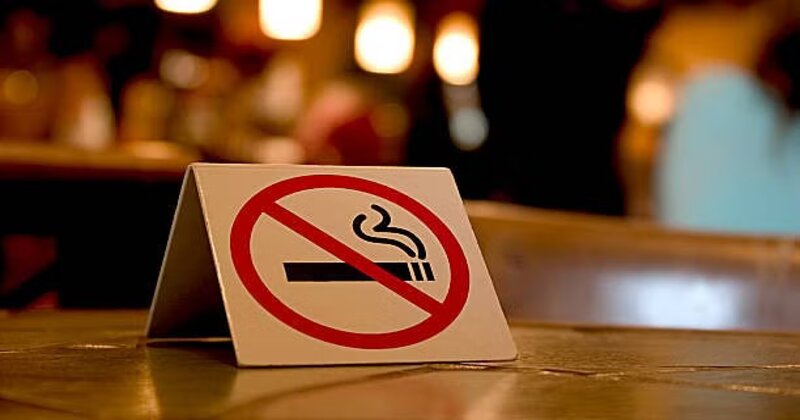
Second-hand smoke exposure continues to claim thousands of lives each year, underscoring the urgent need for smoke-free public spaces. With over 7,000 chemicals—69 of which are carcinogenic—tobacco smoke poses severe health risks to nonsmokers, especially vulnerable groups like children, pregnant women, and the elderly. Recognizing this, a new poll by ‘Tobacco Free India’ found overwhelming support for completely smoke-free public areas, with 92.72% of Indian citizens in favor. The survey, conducted between October 2-19 on X in both Hindi and English, gathered responses from more than 65,000 participants who highlighted the dangers of second-hand smoke and the importance of protecting public spaces.
The poll included six questions focusing on the health risks linked to second-hand smoke and public preferences for stricter smoking regulations in shared spaces. Respondents largely supported enhanced measures to safeguard women, children, and other high-risk groups from exposure. Though the Cigarettes and Other Tobacco Products Act (COTPA) 2003 prohibits smoking in public spaces, it allows designated smoking zones in specific locations like airports, larger hotels, and restaurants with significant seating capacities. Dr. Uma Kumar from AIIMS Delhi noted that scientific studies show second-hand smoke easily seeps into nonsmoking areas from these designated zones, thus exposing bystanders to harmful toxins.
The survey revealed a consensus among 83-98% of respondents favoring smoke-free environments across various public settings. In response, the Ministry of Health and Family Welfare has proposed amendments to COTPA to eliminate smoking areas entirely. Additionally, the Centre launched Tobacco-Free Youth Campaign 2.0 to protect young people from tobacco’s harmful effects. According to the World Health Organization, tobacco-related illnesses claim about 1.3 million lives annually in India, with second-hand smoke alone costing the healthcare system an estimated Rs 567 billion each year, as reported in a recent study published in the Journal of Nicotine and Tobacco Research.

Post Your Comments